
The new context is posing new requirements in the country's economic development. That is, not only striving to achieve growth targets but also green and sustainable growth. The problem of "mobilizing the 70 billion USD assets" of the 12 above-mentioned corporations to develop the country. What do we need to do and how to exploit the endogenous capacities of the private economy to promote socio-economic development? Dr. Nguyen Duc Kien, former Head of the Prime Minister's Economic Advisory Group, discussed with reporters of KT&DT Newspaper.

For the first time, the Government Standing Committee held a separate working session with representatives of 12 leading private corporations in Vietnam (with total assets estimated at over 70 billion USD) right after the 10th Central Conference. What does this say, sir?
We have had such meetings before, such as in 2020, there was a meeting between the Prime Minister and enterprises in Ho Chi Minh City. In February 2023, the Prime Minister also met privately with enterprises in the real estate sector. And the Prime Minister also had working sessions on narrow specialties such as the Covid 19 pandemic, the Prime Minister also listened to the opinions of enterprises in the field of air transport. And now, continuing the programs of the entire term, after the 10th Central Conference, the Government had a meeting with large-scale non-state enterprises nationwide.

It must be seen that this is a very high evaluation of the Government for the group of enterprises belonging to other economic sectors. It demonstrates the Government's trust in Vietnamese enterprises. It is proof that the Government does not distinguish between State-owned enterprises or enterprises belonging to other economic sectors, which we can summarize as Vietnamese enterprises to produce products made in Vietnam. This is a relatively open signal to the business community.
We must also say that these 12 private enterprises have made great contributions, for example, the automobile manufacturing group, Truong Hai, Thanh Cong, Huyndai, not any state-owned enterprise. Through such examples, we can prove that Vietnam's economy is operating in accordance with the 2011 Platform, which is a market economy, oriented towards socialism, and we treat all types of enterprises operating in Vietnam equally.

During the Covid 19 pandemic, businesses have made positive and effective contributions to help the whole nation overcome the pandemic, control the epidemic, and quickly return our country to normal. Vietnam is overcoming the consequences of natural disasters, storms and floods such as the recent super typhoon Yagi. Natural disasters and epidemics, along with the current context of fierce strategic competition and conflicts taking place in many places, affecting the world economy and the Vietnamese economy, the rapid pace of change in the market and technology, require entrepreneurs to have high adaptability, always innovate and be creative. Courage is not only demonstrated in the ability to overcome crises, but also in their proactiveness in anticipating trends and constantly innovating to seize new opportunities.
Ethnic enterprises are expected to become the locomotives of the country's economic development in the period 2030-2045, growing to become economic corporations of regional and world stature. What is your assessment of Vietnam's current private corporations?

It must be said that, since the period of renovation in 1986 marked by the milestone of the 6th National Party Congress, we can now say that after 40 years of operation, we have had a team of large enterprises, some of which have risen to become pillars in the economy. If we talk about steel, Hoa Phat, along with Vietnam Steel Corporation and Fomusa, are the 3 steel manufacturing enterprises with the largest market share in Vietnam. Regarding automobiles, among the 3 large enterprises, there is 1 Vietnamese brand enterprise, the other 2 are assembling enterprises and gradually increasing the localization rate. By 2030-2045, the 100th anniversary of the founding of Vietnam, we expect that with the open policy of the Party and the State, enterprises of other economic sectors will be aware of the respect and facilitation of the Party and the State to see more clearly their responsibility for the development of the country.
At this point, I do not agree with calling these 12 enterprises “national enterprises”. Compared to the concept of national bourgeoisie in the period of 1945 when independence was just achieved, the contributions of capitalists and businessmen (Trinh Van Bo, Bach Thai Buoi, etc.) to the resistance war and national construction were more specific and created a strong movement among the entire population. The context of the national bourgeoisie in 1945 was much more difficult than that of the businessmen from 1986 to now. Up to now, the operating environment has changed, but the spread and driving force of the above 12 private enterprises are still not as good as the previous generation.
We must see that their capital, revenue and profits can be much higher, but except for a very few pioneering enterprises, the rest have not yet reached expectations.
At this point, we should not use the concept of national enterprises but temporarily call them large enterprises.

At the recent meeting with the Government Standing Committee, 12 large private corporations proposed many issues to the Government. How do you evaluate these proposals? What are the common points to note in these proposals, and what do they show, sir?
The common point is that 12 enterprises proposed further development in the context of many unpredictable and difficult-to-foresee fluctuations in the world and domestic economy. The recommendations of the enterprises are relatively consistent with the wishes and capabilities of these enterprises. However, the Prime Minister must balance the strategic goals we set and the economic model we build according to the 1991 and 2011 platforms. We do not differentiate between types of enterprises, but build a socialist-oriented market economy. For example, Vietjet's proposal to turn Vietnam into a regional and world aviation center is part of the development strategy of the transport industry and the country. Without this strategy, we would not have built Long Thanh airport with a total investment of more than 10 billion USD for both phases. As the Prime Minister said, public investment leads private investment. The problem here is that when the state has invested in infrastructure, enterprises must apply mechanisms to invest in the superstructure and aircraft equipment. At this time, public investment clearly has a leading role.

Or like the proposal of Hoa Phat to undertake the high-speed railway, the authorities have proactively worked with Hoa Phat for many years and made recommendations to the railway and the manufacture of large-structure rails to serve the train. The government will announce the project, the mobilization method and will give priority to Vietnamese enterprises including Hoa Phat and Vietnam Steel Corporation and foreign-invested enterprises in Vietnam to participate in the bidding.
We see that the desire for Vietnam to develop prosperously and the desire for business development are almost identical. I think the next step is to be open, transparent and non-discriminatory.

It is worth noting that in this proposal of some enterprises, in addition to the goal of reaching the world, it is also associated with technology, taking advantage of Industry 4.0, showing that these enterprises have followed the right trend and they have the courage to carry out a national mission?
It can be said that applying the achievements of Industry 4.0 into production is an inevitable requirement today. It is not necessarily a requirement of the Vietnamese Government but a requirement in the context of global competition. We see that many private enterprises or state-owned enterprises have had to reach out. But the desire is one thing, the ability to implement is another and we must note one thing, it is very difficult for advanced countries to transfer technology and achievements to developing countries.
We pay attention to the speech of the General Secretary and President at the 79th United Nations General Assembly. He said that technology transfer is almost an obligation of the leading countries, how to protect this earth, develop together and preserve the living environment.
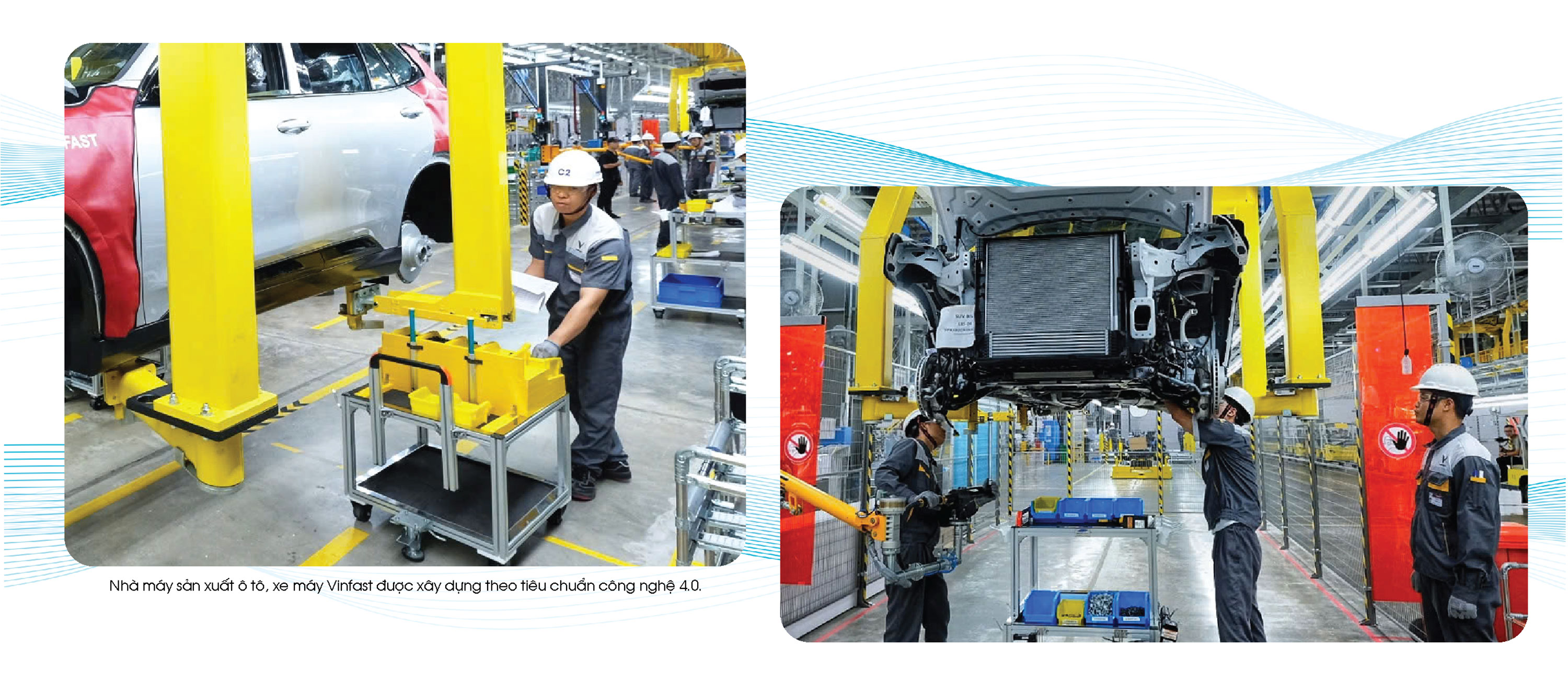
Up to now, we see that our technology transfer is still limited. We share the desire of enterprises, the desire for the Government to create a large enough domestic market for Vietnamese enterprises to have a foothold to reach out to the world, using that as a basic source of income so that they can invest in developing and purchasing new technology. As for being able to compete, and how to compete, it requires the dynamism and creativity of enterprises.
The Ministry of Planning and Investment believes that private enterprises, especially large-scale enterprises holding large resources of capital, assets, technology, and high-quality human resources, need to promote their potential, pioneering and leading roles. What major tasks can the Government assign to private corporations? What is your opinion and which areas can they be assigned?
We can assign enterprises to focus on investing in infrastructure and we will have public investment capital to start. For example, high-speed railway. The State will spend money to hire design consultants, spend money on site clearance and purchase technology. Enterprises are responsible for purchasing according to the State's requirements and organizing construction to have the project as the State desires. And so, like steel enterprises, there must be automation, energy production, quality materials and human resources to create a product chain for railway technology.

The problem here is to be very honest, saying that this is the time to assign major tasks to private corporations but not yet saying how to assign them, so I think the problem must be competitive bidding.
Enterprises must focus on social responsibility. If they only focus on profits without considering social responsibility, it will be difficult to have long-term work on issues that the country entrusts them with.

Some comments say that, in addition to the institutions and laws that create favorable conditions for private enterprises in general, it is necessary to study a separate mechanism for private economic groups? Is this a special and unequal situation? What commitments are required from these large enterprises?
From the perspective of research and state management, I personally find those proposals unacceptable. In February 2023, the Prime Minister met with real estate enterprises, and now 18 months have passed, what are the results of those enterprises for the country? Therefore, social responsibility, civic responsibility towards the country is not possible without specific sanctions and regulations. Marx said "if the profit is up to 300%, they will do it even if they are hanged", so we are very calm, hoping that Vietnamese enterprises will develop on par with the world powers is a very correct wish. Creating conditions for them to develop alongside enterprises with state-owned capital is what we are doing. But we must have sanctions.
For example, there must be technology, human resources, salary contributions, and benefits for workers, but how, and it is mandatory to have connections with other small and medium enterprises.
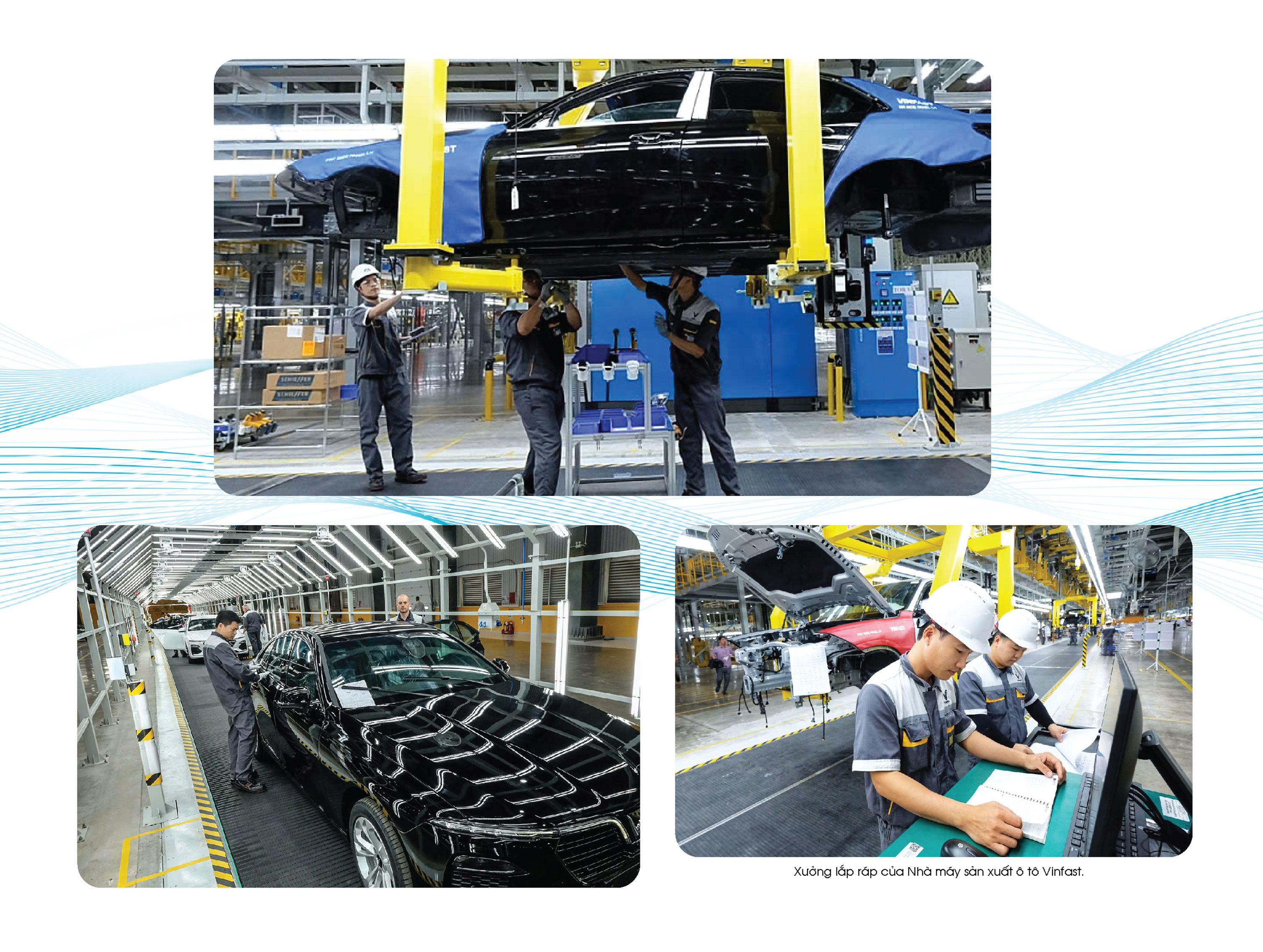
You oppose the special mechanism for large private economic groups, so is there any legal institution that both promotes private enterprises in general and gives wings to large private groups?
For example, in the banking sector, there are currently nearly 40 joint stock commercial banks operating. Of these, there are 4 joint stock commercial banks with the State holding the controlling capital and 2 banks with 100% state capital. Up to now, VP Bank, Techcombank, TPBank are still operating well, expanding branches. We have set conditions on capital, human resources, and equal market share, without discrimination.
We have examples to prove that open and equal policies have borne fruit in the fields of finance, banking and currency.
I think that there needs to be an open policy, improving the business environment, common mechanisms and large enterprises with strengths in capital, management, human resources, management ability... will rise up and make a breakthrough.
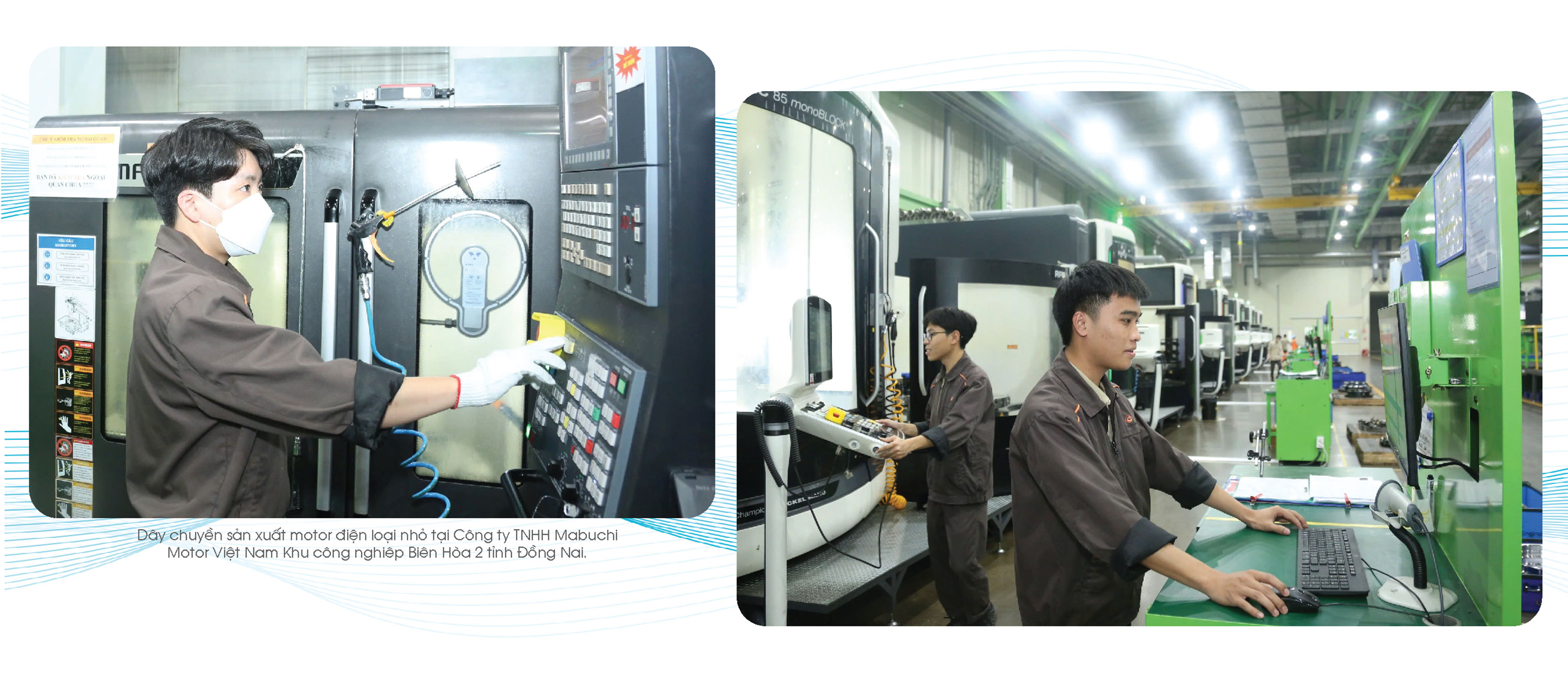
The government aims to form and develop many strong, potential, and competitive private economic groups in the domestic and international markets. From now until 2030, at least 10 Vietnamese businessmen will be on the list of world USD billionaires. What do you think when there is a view that each locality should be encouraged and promoted to build its own leading private enterprises, based on local advantages and expanding operations nationwide?
We are currently doing this, for example Thaco in Quang Nam, Thanh Cong Huyndai chose Ninh Binh as its headquarters, Vinfast chose Hai Phong. Hoa Phat has an office in Hanoi but factories everywhere. Localities create many favorable conditions.
In the context of globalization and the 4.0 industrial revolution, entrepreneurial spirit is becoming increasingly important. The new-age business community is facing unprecedented opportunities and challenges, requiring them to constantly train and develop their spirit to lead their businesses through all market fluctuations.
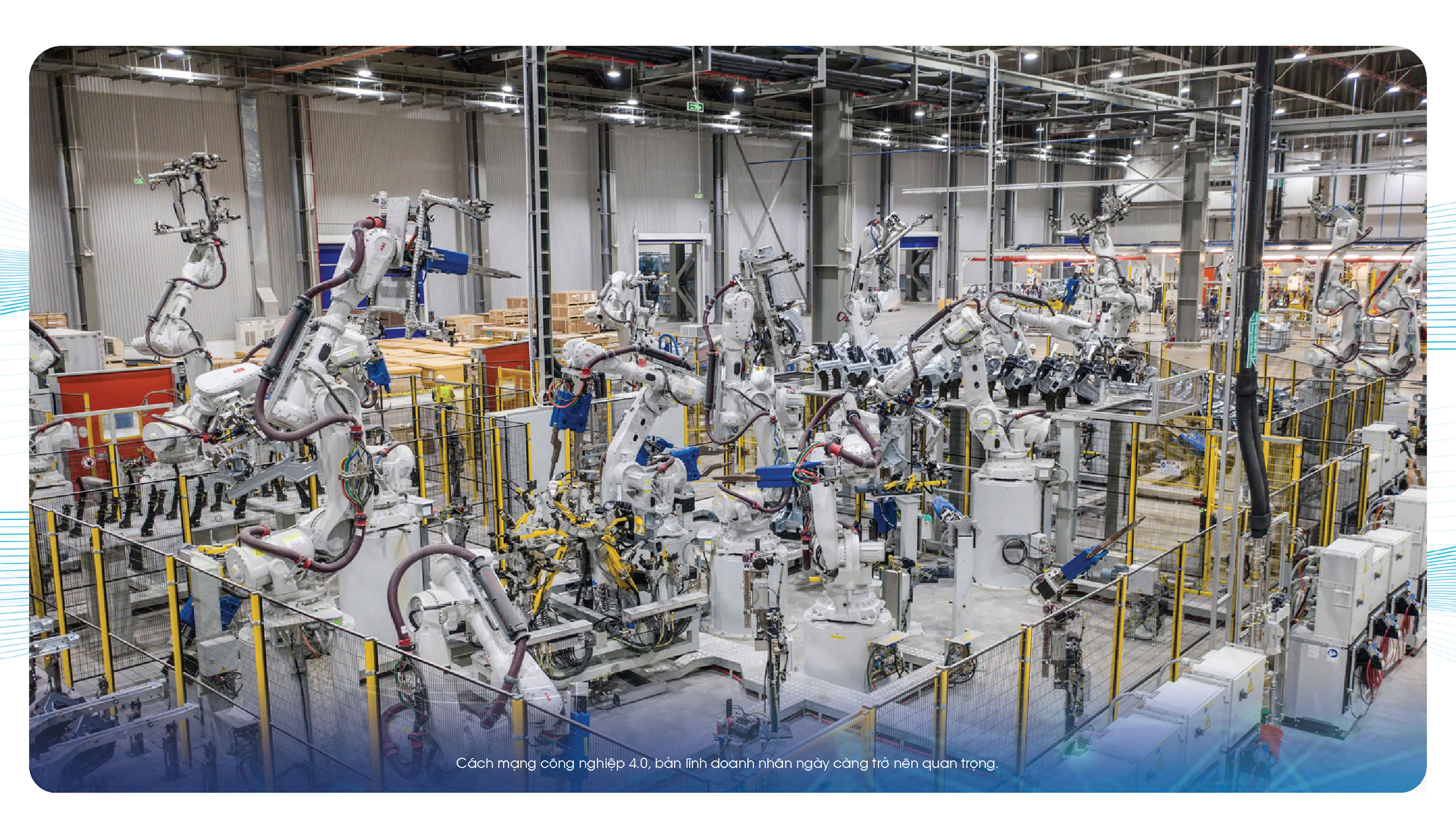
Therefore, the Vietnamese business community needs to continue to research and find new solutions to build and promote its role in implementing the country's economic development goals. Along with that are the increasingly high requirements and demands for improving the capacity, quality, and quality of human resources in leadership, management, and corporate governance, building a team of entrepreneurs with enough talent, heart, and vision to meet the changes and increasingly challenging contexts of the domestic and international business environment.
The results of large private economic groups are important to the economy, but at the same time, we also need to pay attention to the "sparrows" which are the domestic business community including small and medium enterprises, individual business households, and individual businesses. As a result, this economic sector still has difficulty accessing land, borrowing credit, and seizing new business opportunities to grow.
It should be noted that 98% of private enterprises nationwide are small and medium enterprises. Therefore, while “building a nest to welcome eagles”, do not forget to “clear the nest for sparrows” by improving the business environment and creating more equal access to resources for domestic enterprises to develop. Then, the private economy will contribute more to economic growth.
Thank you!
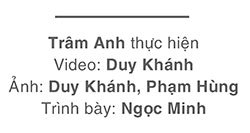
08:52 September 30, 2024
Source: https://kinhtedothi.vn/bai-toan-huy-dong-khoi-tai-san-70-ty-usd.html



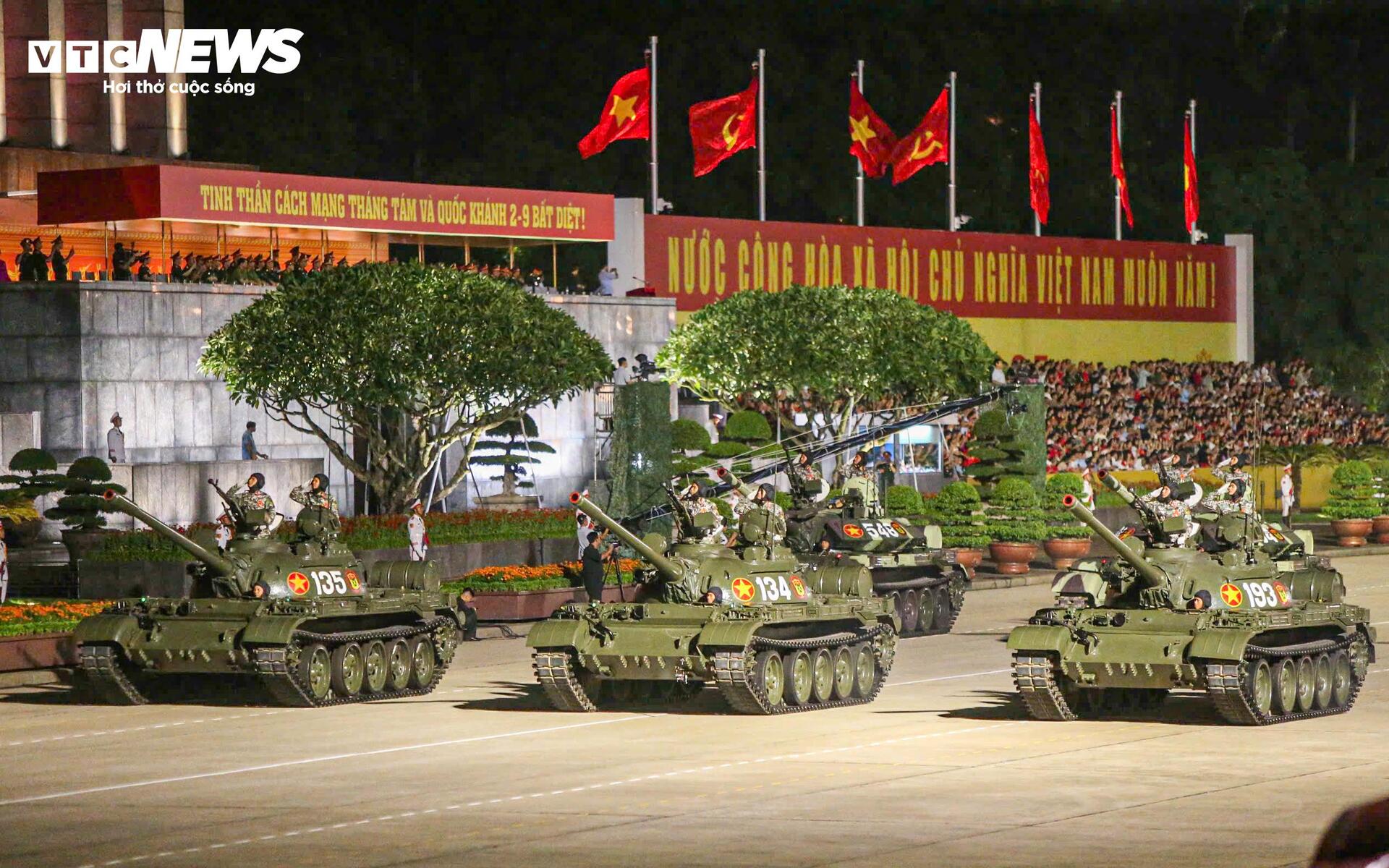





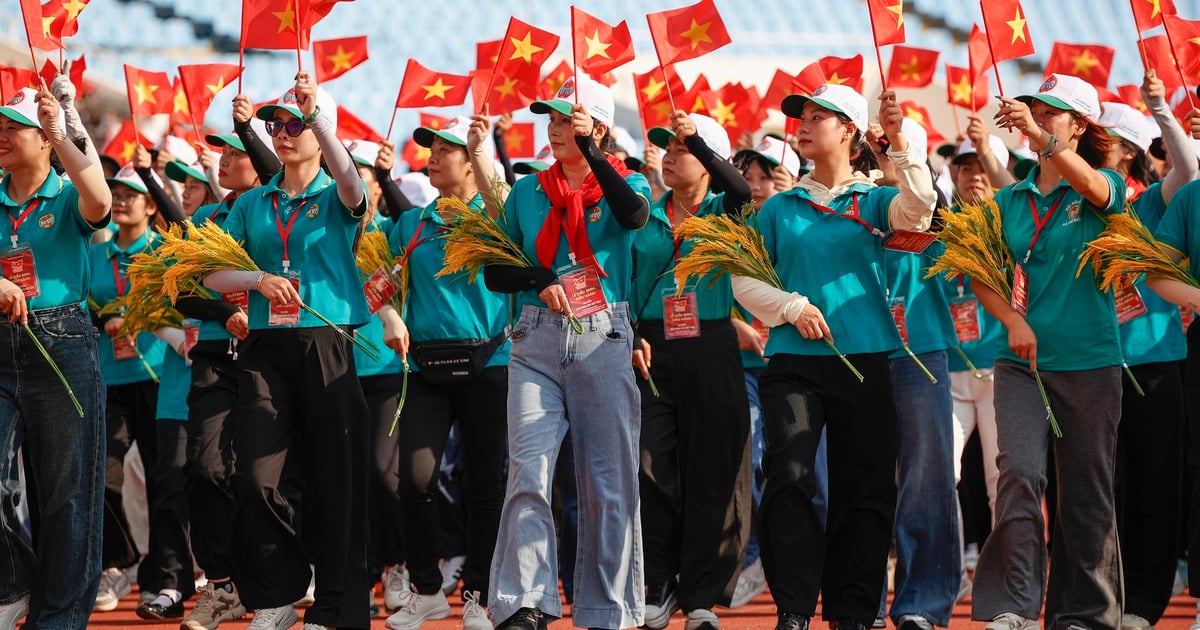

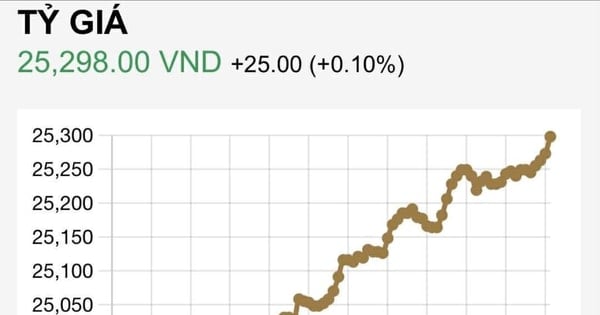

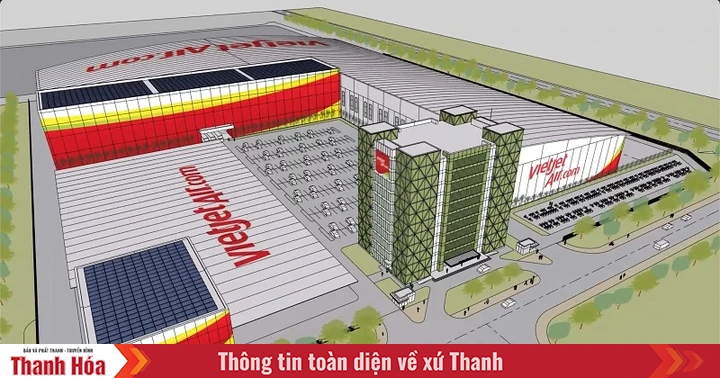

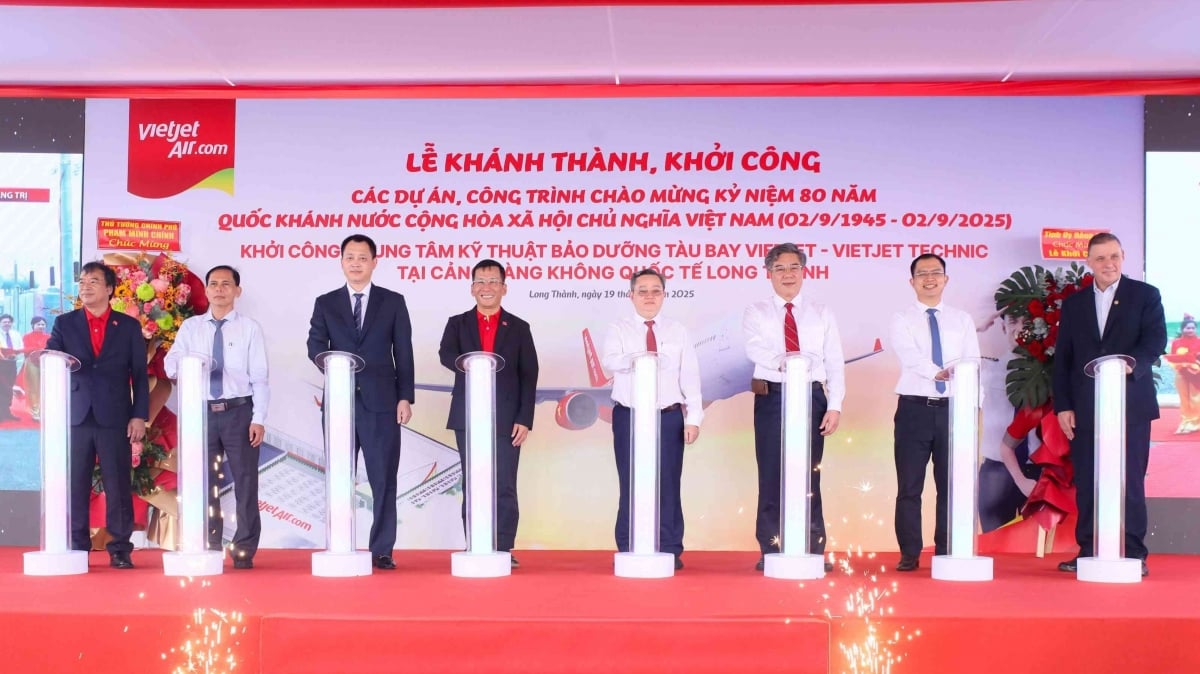

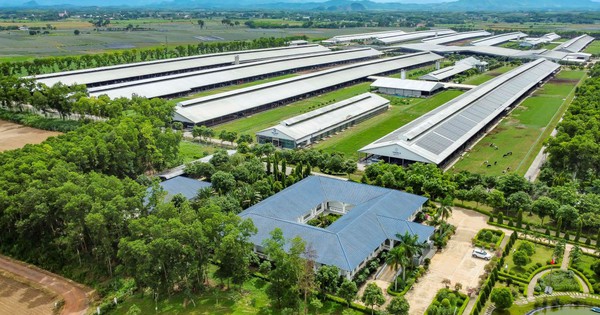

















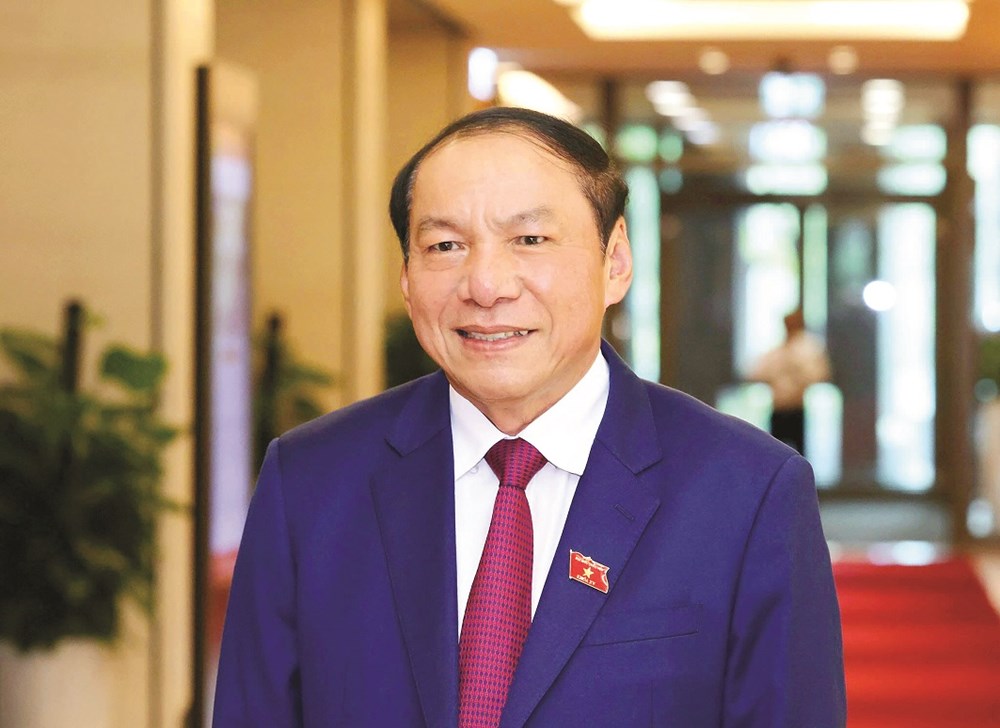




















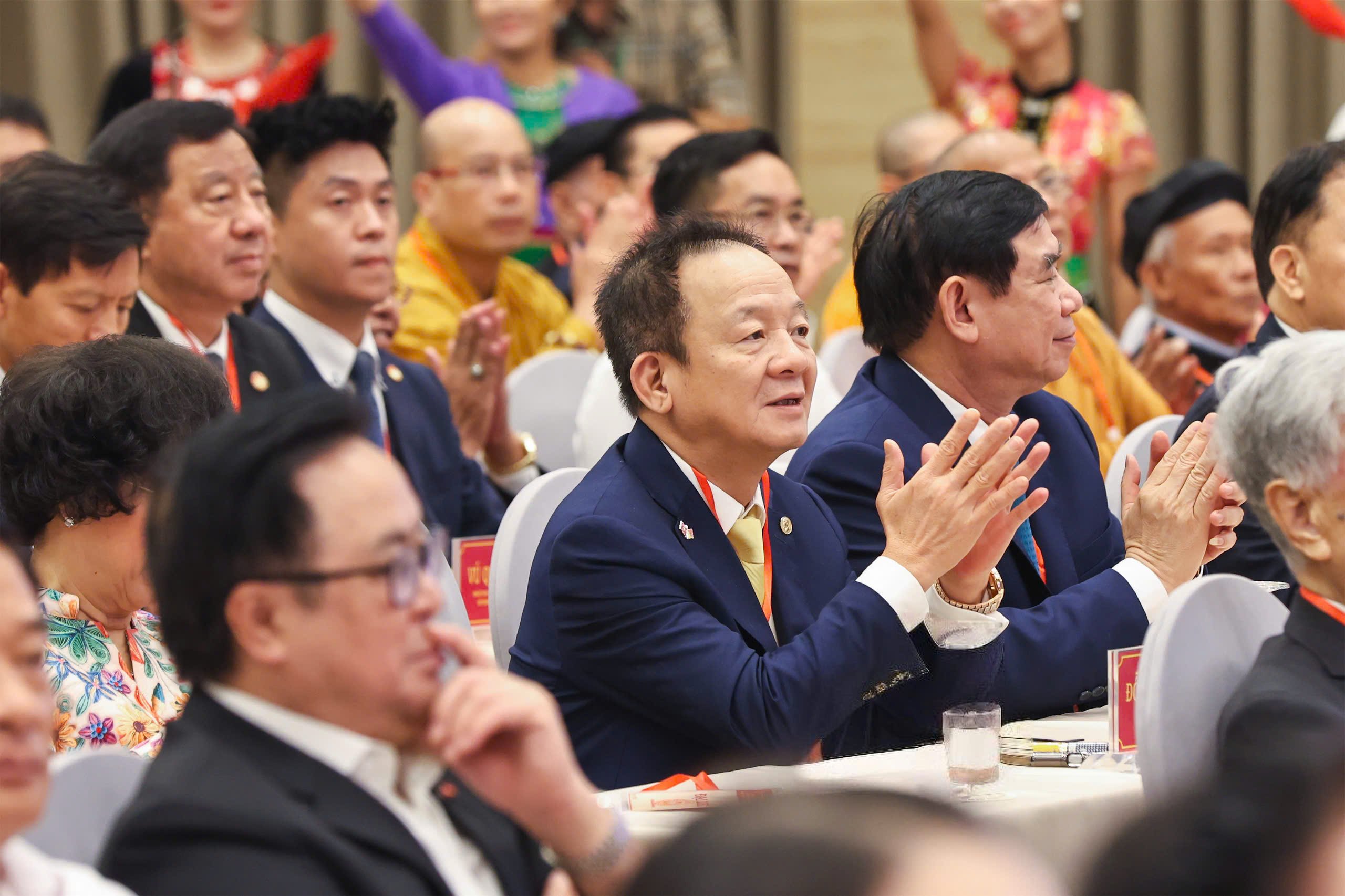












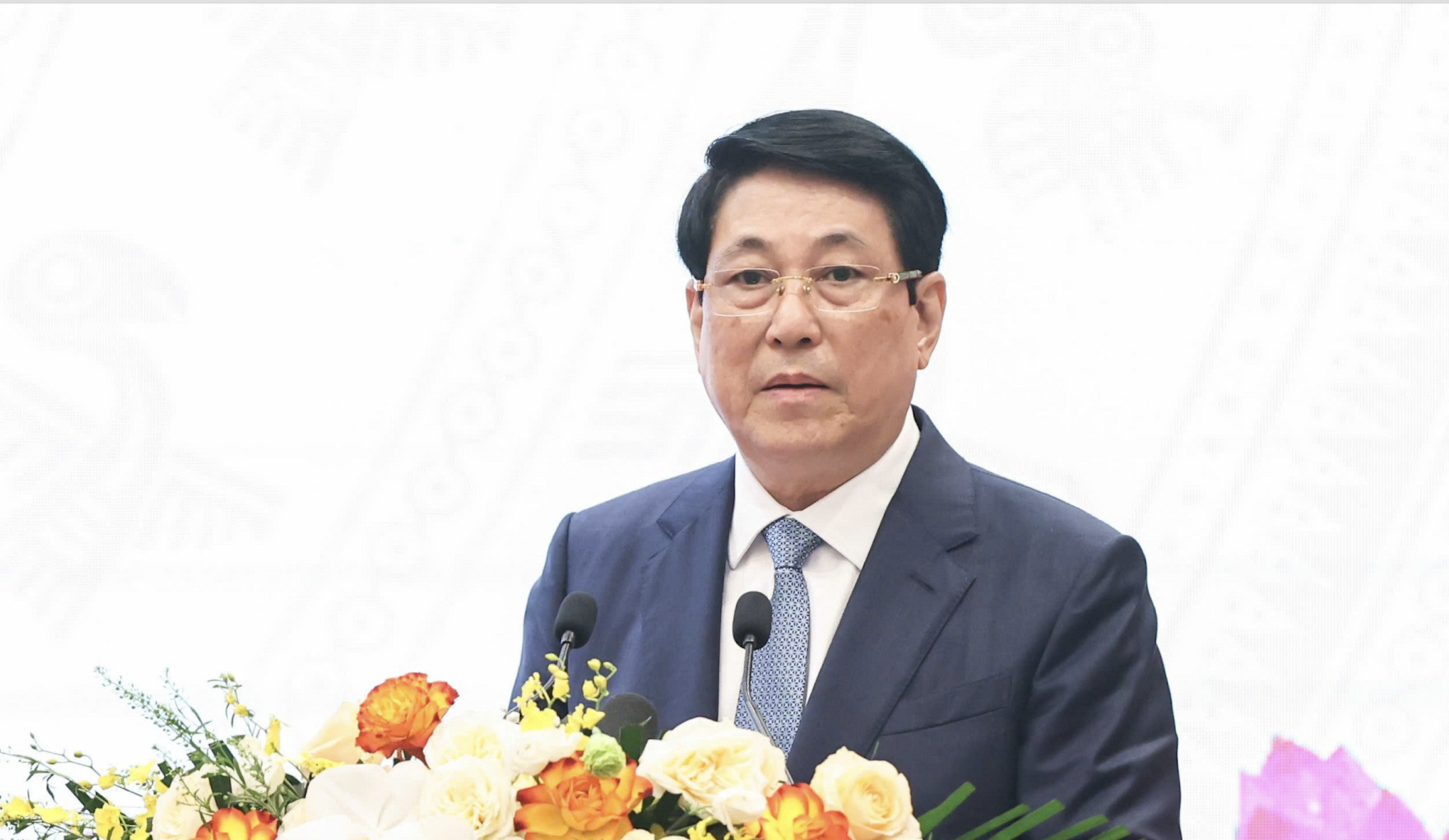





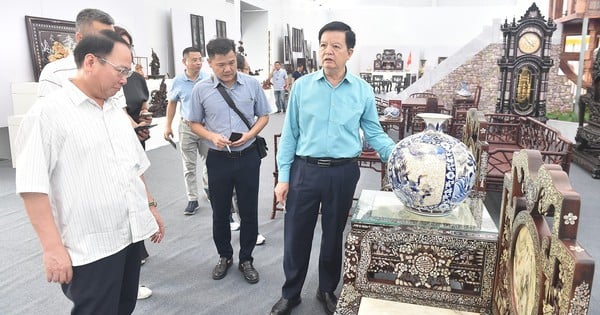








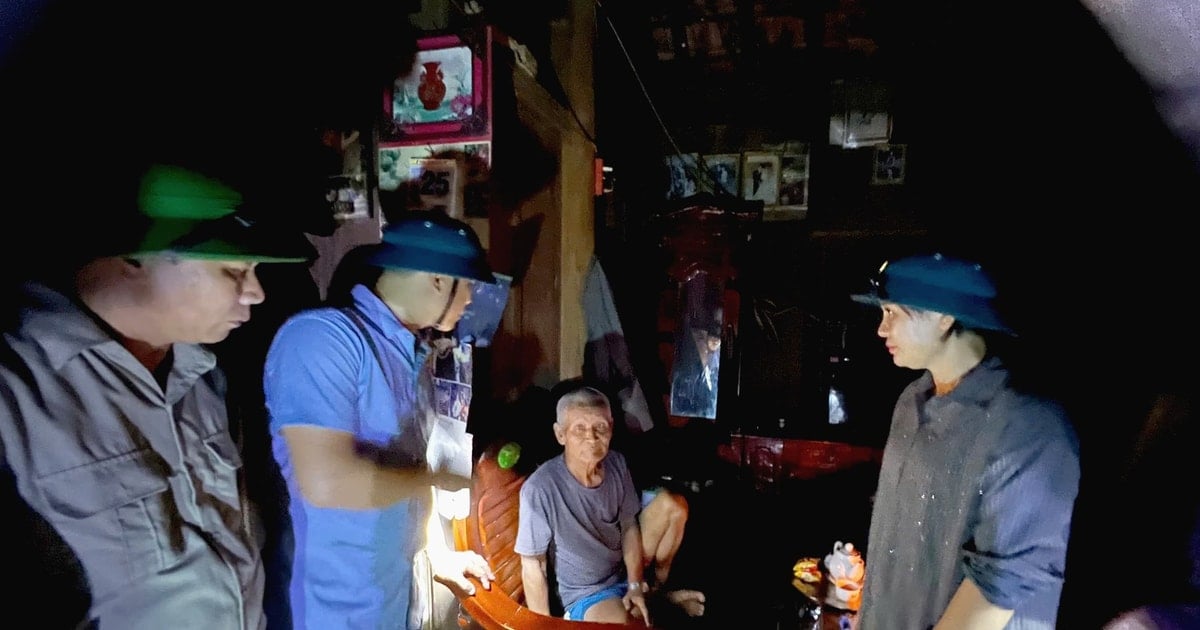



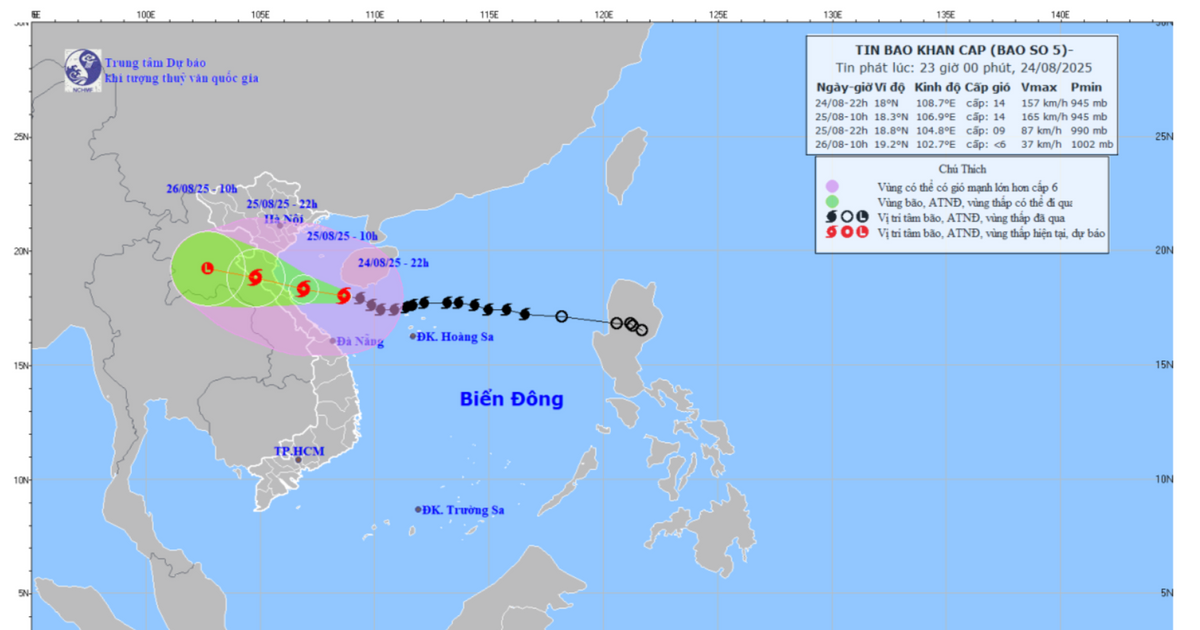



















Comment (0)